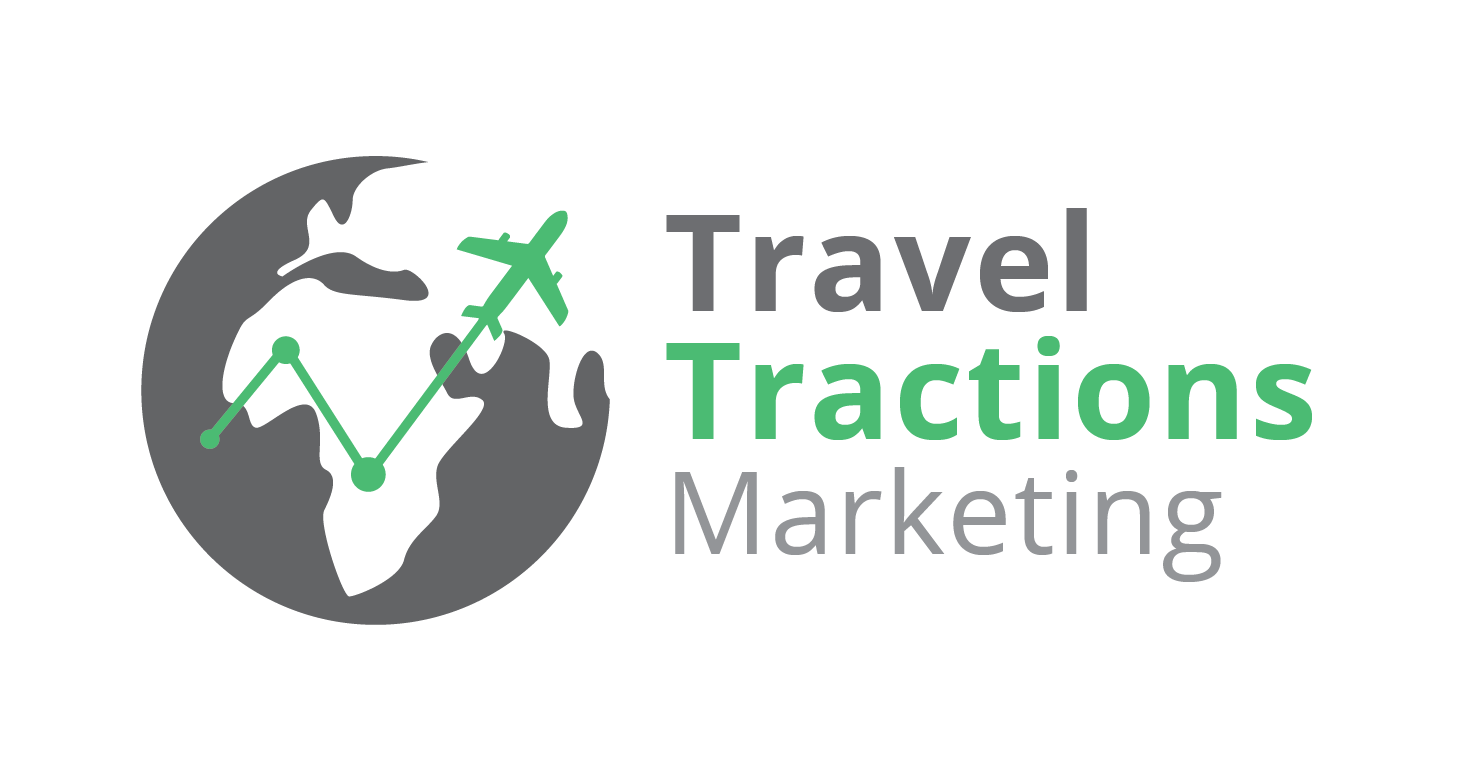SEO for Hospitality Industry Tips & Services
Whether you’re someone with SEO experience and just need tips or a hotel website owner who needs expert help, you’ll find the following section handy. We’ve included a bit about our services and actionable tips that can improve your hotel search engine optimization immediately.
Market Research, Competitor Analysis & Consulting
Before any SEO work can be done, it’s imperative to know why it’s being done and who it’s being done for. These questions can only be answered by market research. By conducting market research, you’ll have a clear idea of who your potential guests are and what they need. With that in mind, you can craft a strategy perfect for reaching them.
Likewise, competitor analysis is important so you’re better equipped to beat your competition. Knowing what other property or hotel websites are doing or not doing can help you gain an edge. For example, you can replicate a previously successful strategy for another hospitality brand but put your own twist on it. Another option is to address guest pain points that the competition doesn’t, like providing airport shuttle services where no one else is.
Of course, doing all this on your own can be time consuming and exhausting, which is why online travel agencies like Travel Tractions are around to help do it for you. Get in touch with a travel SEO consultant to get started.









